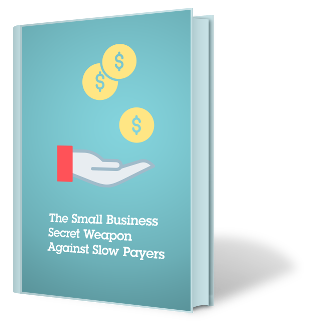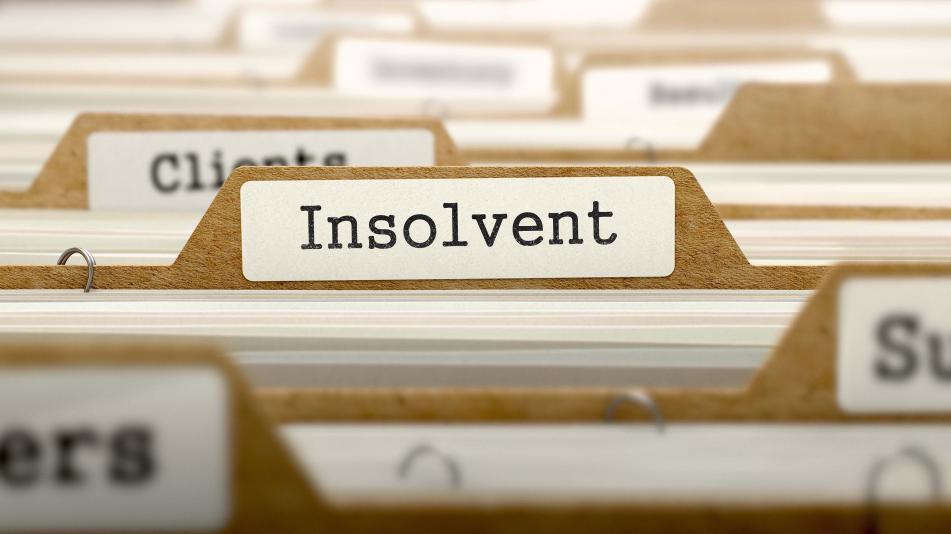ASIC data will be refreshed in a SwiftCheck report every time that a new report is ordered. You can check the status of this by looking at File Update Notices in the report.
Director information on other businesses run by that director will not be updated every time and will only be updated when a report is purchased directly on that business.
When you apply for credit such as a loan from a bank or apply for post paid services from a telecommunications or utilities company, they generally assess both the information on your application as well as information on your credit report against their own lending policies to make a decision on whether they will give you credit.
As part of completing your commercial credit application, you will have given a lender, phone or utility company permission to view your credit report held by a credit reporting body such as Equifax.
A SwiftCheck report costs from $99.95.
A commercial credit risk score (Equifax Score) is a rating from -200 to 1200 that predicts the likelihood of a business having an adverse credit event in the next 12 months.
An adverse event on a credit file may negatively impact business’ ability to repay their debts. Examples of adverse events include registering a default, going into external administration, and court actions.
 Thank you for your interest in our ebook: The Small Business Secret Weapon Against Slow Payers.
Thank you for your interest in our ebook: The Small Business Secret Weapon Against Slow Payers.
Your copy is on its way to your inbox right now.
Top tip for SMEs
Our number 1 tip for businesses to limit the risk of slow (or non) paying customers is to know who you are dealing with before you start working together.

It seems like every time someone opens a newspaper there’s another story about a company becoming insolvent without warning. While these headlines certainly sound exciting, the truth is, businesses simply don’t fail overnight. And with the number of insolvencies growing across Australia, knowing how to spot the signs and safeguard your business is more important than ever.


